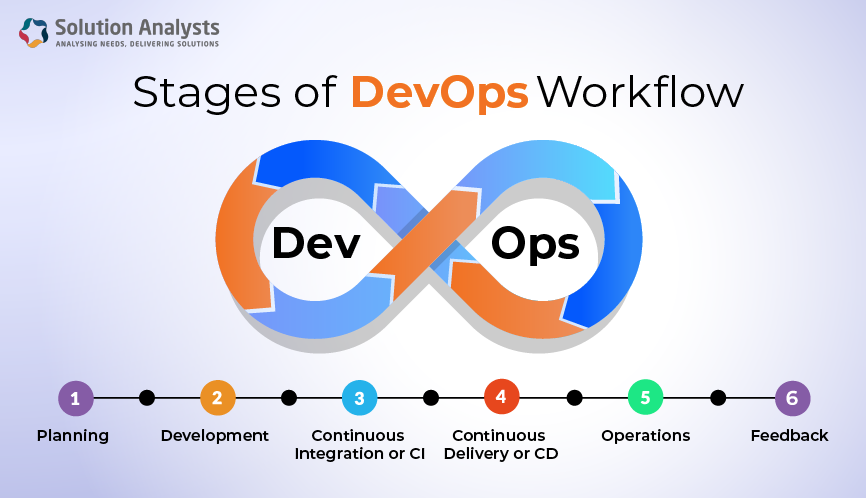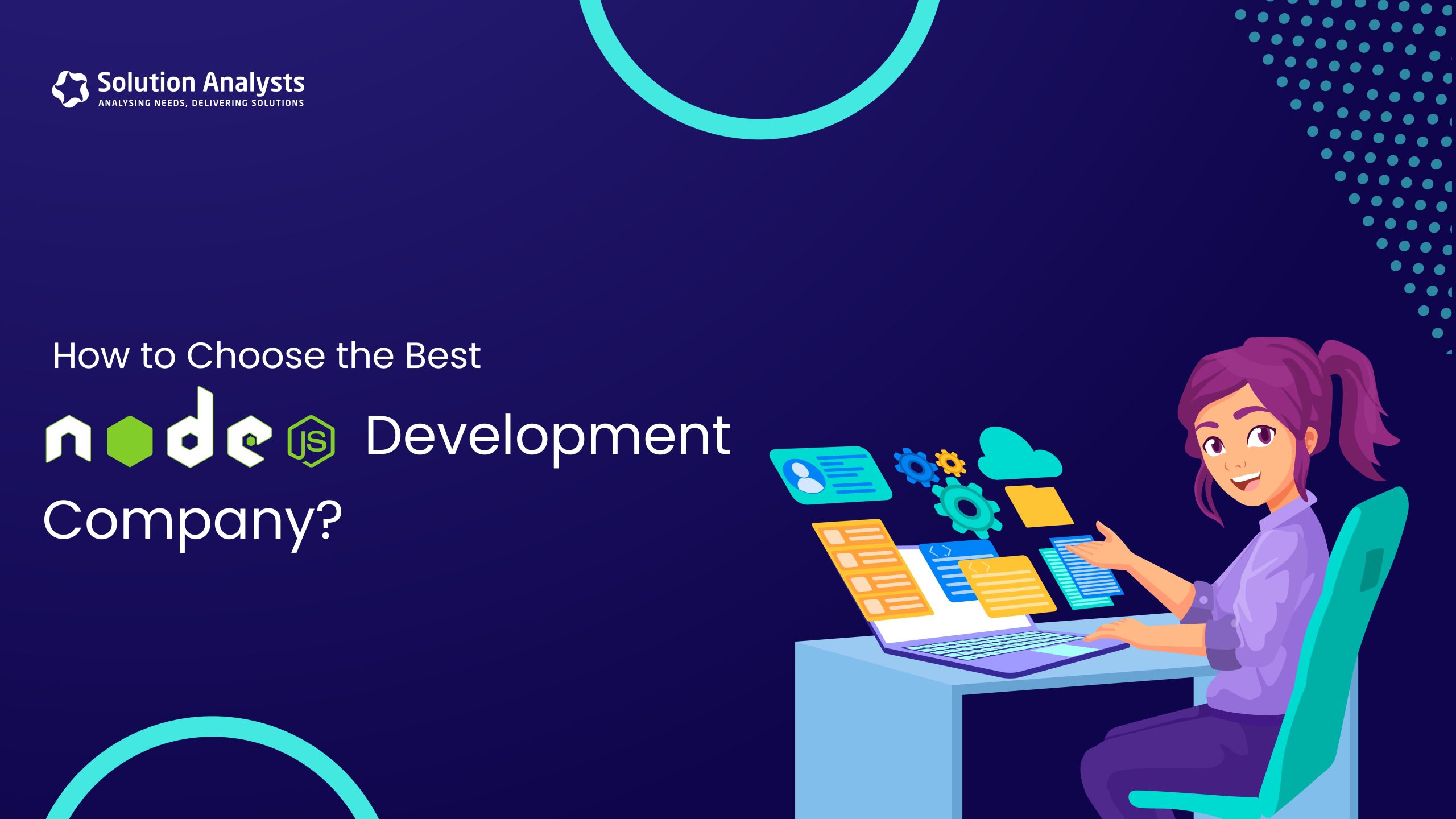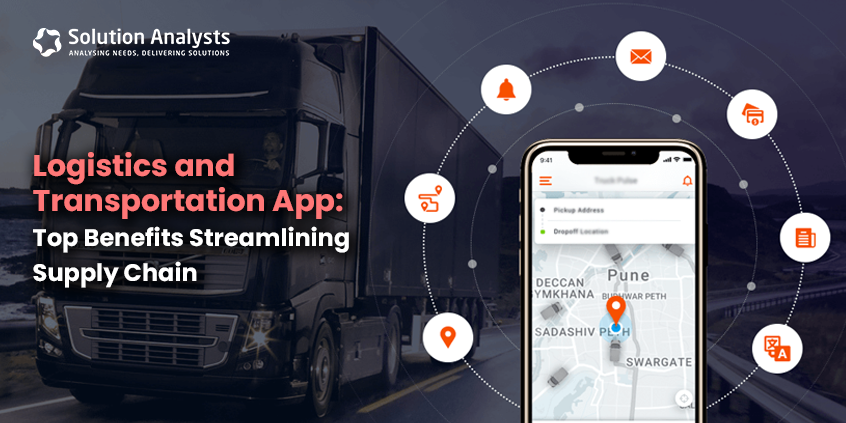
Table of Contents
Have you ever thought about the best way to turbocharge your software development and operations while keeping the costs in check? Well, the answer to this question lies in DevOps outsourcing.
In the present age of digitalization, DevOps has emerged as a fundamental approach to software development and IT operations, resulting in a swifter delivery of high-quality software. It has turned out to be an integral part of most of the organizations these days.
But, it is only sometimes possible to fully harness its potential by hiring in-house resources. Due to this reason, it is a good idea to find a reliable outsourcing partner that can help achieve the best results for DevOps Solutions by adopting world-class approaches.
If you are unsure how to outsource DevOps successfully, you have arrived at the right blog post! Through this guide, we will explore details about DevOps outsourcing, which will help you clear all your related doubts or confusions. So, let’s dive in:
What is DevOps Outsourcing?
DevOps Outsourcing or DevOps as a Service (DaaS) refers to the practice of entrusting the responsibilities of DevOps processes within an organization to a third-party service provider. It typically encompasses tasks like deployment automation, infrastructure management, continuous integration, monitoring, etc. Some other activities associated with the operations and development of software systems are also included in it.
By outsourcing DevOps functions, organizations can reap benefits from the expertise and specialized skills of external professionals or companies with experience in managing and implementing DevOps practices. As a result, as a business owner, you can concentrate on your integral business function while benefiting from efficient and streamlined deployment and development processes.
Why is DevOps Important, and How Does it Contribute?
DevOps is known for playing a critical role as it effectively bridges the gap between software development and IT operations. Some of its key contributions include the following:
- Collaboration:
DevOps helps foster a culture of communication and collaboration between the operations and development teams. As a result, it results in a shared sense of responsibility for the overall software lifecycle.
- Continuous Integration/Continuous Deployment (CI/CD):
DevOps practices promote the continuous integration of code changes into a shared repository and automated deployment. Ultimately, it results in reliable and more frequent releases.
- Efficiency:
DevOps is typically focused on automating manual processes. As a result, it helps reduce human error and speeds up specific tasks such as integration, testing, and deployment. Eventually, it leads to faster time-to-market and shorter development cycles.
- Faster Recovery:
It is known for emphasizing practices like IaC or infrastructure as code and automated testing. Thus, it enables faster recovery in case of disruptions or failures.
- Enhanced Quality:
Both the continuous testing and automation in DevOps help ensure thorough code checking before deployment. So, it improves software quality and reduces the likelihood of bugs.
- Scalability:
Businesses can seamlessly scale infrastructure and applications by adopting DevOps practices. It again helps them accommodate a boost in demand and growth without compromising performance.
- Customer Satisfaction:
The customer satisfaction rate is always on the higher side whenever you choose these services. It is primarily due to swifter and more reliable releases, allowing customers to receive timely updates and fewer disruptions.
- Risk Mitigation:
Certain DevOps practices like automated testing and constant monitoring assist in finding out and dealing with prospective problems early in the development process. Thus, it effectively lowers the risk of costly errors that may arise in production.
- Cost Efficiency:
Automation and smooth processes in DevOps work to lower operational costs, reduce manual labor and optimize the utilization of resources.

Stages of DevOps Workflow
There are several key stages of DevOps workflow, each possessing its own set of tasks and objectives. These stages work collaboratively to facilitate smooth software development, operations, and deployment. Let’s have a quick look at these stages:
- Planning:
This stage typically incorporates defining objectives, setting priorities, and building a solid roadmap for the DevOps process.
- Development:
In this stage, the developers are involved in writing the code for the new software while considering multiple aspects, including deployment and operations.
- Continuous Integration or CI:
This stage involves automatically building and testing the code each time any change is made. It helps in detecting and fixing bugs early in the development procedure.
- Continuous Delivery or CD:
The next stage involves automatically deploying the code to a staging environment for testing. So, it lets the team release new updates or features more frequently.
- Continuous Deployment or CD:
In this stage, automatic deployment of the code to production takes place. It ensures that the new software is always available to the users.
- Operations:
This stage involves the day-to-day monitoring, management, and maintenance of the deployed software or application.
- Feedback:
Continuous feedback loops play a critical role in detecting and addressing concerns on a prompt basis, which facilitates improvements in subsequent cycles.
How does DevOps Outsourcing Work?
As mentioned in the above section, DevOps outsourcing involves establishing successful partnerships with external service providers dedicated to handling different aspects of the DevOps lifecycle. Below is a step-by-step explanation to get an understanding of how it works. So, let’s find out:
Step 1: Assessment and Planning
As a part of the first step, the organization properly evaluates its DevOps requirements and outlines specific objectives. It could incorporate identifying key areas that necessitate improvement, defining project scopes, and setting expectations.
Step 2: Vendor Selection
After that, you are required to choose an outsourcing vendor by considering certain factors like reputation, experience, expertise, and cost. Based on your preference and unique business requirements, you can either go for a larger IT outsourcing firm with DevOps capabilities or a specialized DevOps service provider
Step 3: Initial Consultation
The subsequent step involves scheduling initial meetings with the outsourcing vendor you are planning to choose. It will help you to discuss your project in detail with the service provider. With this, you could offer them in-depth insights into your present DevOps setup, goals, challenges, and existing processes or tools.
Step 4: Tailored Solutions
The next step is all about designing a customized DevOps strategy by the outsourcing vendor solely based on your unique requirements. It typically encompasses defining workflows, choosing proper tools, and establishing KPIs or key performance indicators that help measure success.
Step 5: Transition Planning
If you already have an existing DevOps setup, the outsourcing team will focus on working on a transition plan. It will help in smoothly taking over or integrating with the present processes.
Step 6: Infrastructure Setup
As a part of this step, the outsourcing team is involved in establishing the necessary infrastructure. It may involve configuring deployment pipelines, setting up servers, and implementing logging and monitoring systems.
Step 7: Collaborative Deployment
Now, DevOps experts from the outsourcing vendor will focus on working alongside your in-house teams. They are involved in participating in different activities that are related to code development, integration, testing, and deployment.
Step 8: Continuous Integration and Deployment
After that, the outsourcing team will ensure that the code changes are frequently integrated into the repository and deployed automatically. This particular step promotes an efficient and streamlined development process when successfully carried out.
Step 9: Monitoring and Feedback
In this step, the outsourcing team is involved in setting up monitoring tools that help track the performance of infrastructure and applications. They are also dedicated to offering regular feedback to the client for making necessary adjustments to improve processes.
Step 10: Security and Compliance
After that, the outsourcing vendor will help you implement best-in-class security measures and ensure compliance with pertinent industry regulations and standards.
Step 11: Documentation and Knowledge Transfer
The next step is all about documentation and knowledge transfer, where the outsourcing team maintains a comprehensive documentation of processes, best practices, and configurations. They also focus on carrying out knowledge transfer sessions, which play a crucial role in empowering your internal teams.
Step 12: Ongoing Support and Maintenance
The outsourcing partner you have hired is also dedicated to offering ongoing support for adequate maintenance of the DevOps infrastructure. Along with providing support, they perform updates, address concerns, and optimize processes as required.
Step 13: Performance Evaluation
You and the outsourcing vendor you have chosen regularly evaluate the effectiveness of the DevOps setup. It may involve making necessary adjustments, finding out improvement areas, and reviewing KPIs.
Pros & Cons of DevOps Outsourcing
Now, let’s find out the pros and cons of DevOps Outsourcing in the following section:
Pros
-
Cost-Efficiency
Whenever you plan to outsource DevOps, you are assured of saving a lot of money. With this, companies can successfully avoid expenses related to hiring, training, and retaining in-house professionals who possess related skills.
-
Focus on Core Competencies
Organizations can effectively focus on their core strategic initiatives and business functions by choosing to outsource DevOps, which is undoubtedly one of the key advantages of it. You can rest assured by assigning this responsibility to experts, as they are dedicated to managing the intricacies of DevOps processes.
-
Access to Specialized Skills and Expertise
Trusted agencies dedicated to offering DevOps services often possess a team of qualified and experienced professionals. They tend to have diverse skills and expertise in different technologies and tools and thus can help you to achieve the best-in-class outcomes.
-
Scalability and Flexibility
Depending on your unique project requirements, you get the opportunity to easily scale up or down the level of DevOps support, which is one of the best things about DevOps outsourcing. Thereby, it helps in offering you greater adaptability to continuously shifting workloads.
-
Global Talent Pool
It helps organizations gain access to a global network of highly skilled DevOps professionals. As a result, they can reap benefits from their diverse perspectives and approaches.
-
Accelerated Time-to-Market
Companies that offer related services are mostly known for having the best talents. These professionals possess a great deal of expertise in automation and continuous integration/continuous deployment (CI/CD) pipelines. It can again lead to faster delivery of software. Thereby, it helps you to get an extra edge over your competitors.
-
Reduced Dependency on In-House Talent
Outsourcing DevOps can prove to be a great decision as it helps effectively address the risks associated with knowledge gaps or staff turnover. As a result, it ensures the continuity of DevOps operations.
Cons
-
Dependency on Vendor
Relying on an external partner to handle the critical processes of your business can often lead to vulnerability. These sorts of situations typically arise if they come across operational challenges or your relationship with the vendor sours.
-
Potential Quality Variance
The quality of the DevOps services may considerably vary based on the expertise and practices of the outsourcing partner you have chosen for your requirements.
-
Communication Challenges
There may be communication gaps between the outsourced providers and in-house teams due to differences in language barriers, time zones, and cultural nuances.
-
Security Concerns
Outsourcing DevOps means you are entrusting critical processes and sensitive data to a third-party service provider. So, your business must have robust security measures in place to deal with potential risks.
At the time of considering DevOps outsourcing, you should meticulously weigh these pros and cons to make the right decision. Choosing an experienced and reputable outsourcing partner and maintaining transparent communication channels can significantly help deal with prospective challenges. A successful partnership can result in improved efficiency, swifter time-to-market, and help you stand out.
Why Choose Solution Analysts as Your DevOps Outsourcing Partner?
Solution Analysts is a leading name in the DevOps outsourcing landscape that is always dedicated to offering value-driven DevOps services and solutions. We have a proven track record of successfully assisting enterprises to bring a trustworthy and feature-rich product to the market in less time and at a reasonable price.
Our experienced and certified team of DevOps professionals brings a wealth of technical expertise to the table to deliver you with the best-in-class outcomes. Here is why it is worth partnering with us:
-
Transparent Communication
We at Solution Analysts are always focused on maintaining clear and open communication. As a part of it, we establish effective communication channels to ensure all stakeholders are engaged and well-informed through the outsourcing procedure.
-
Results-Driven Approach
Our team of qualified professionals is committed to delivering tangible outcomes. They are dedicated to setting clear objectives, frequently tracking progress, and making data-driven improvements. It ensures that the DevOps outsourcing engagement is highly productive.
-
Client-Centric Approach
Solution Analysts always put a strong emphasis on comprehending and addressing the unique project requirements of every client. We devote time to building robust partnerships and working collaboratively to attain shared goals.
-
Security and Compliance Focus
We implement solid security and compliance measures to safeguard your sensitive data. This way, we ensure that the DevOps processes we adopt perfectly adhere to industry regulations and standards.
Summing Up
All in all, DevOps outsourcing presents many lucrative opportunities for organizations that are focusing on streamlining their software development and operations processes. By assigning your requirements to specialized experts who know the intricacies of DevOps, you can unlock new levels of speed, efficiency, and quality in your projects.
Selecting the right partner, like Solution Analysts, can make all the difference in deciding the success of your DevOps endeavor.
Get in touch with us today to receive next-level assistance!










 sales@solutionanalysts.com
sales@solutionanalysts.com biz.solutionanalysts
biz.solutionanalysts






